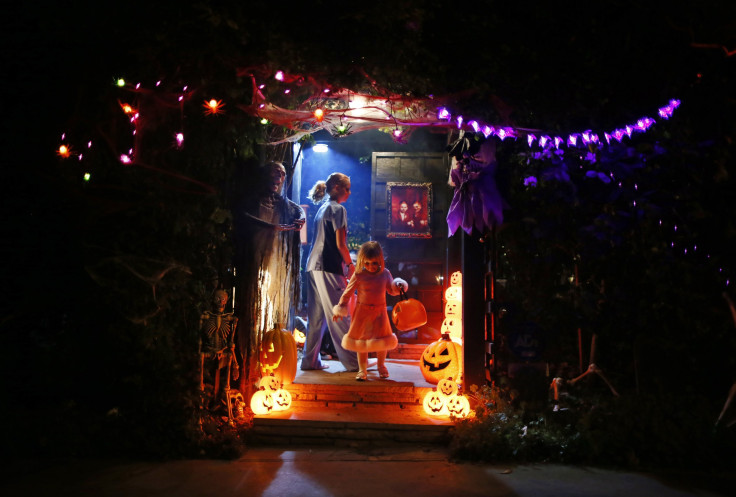Rich People Less Likely To Give Halloween Treats, Survey Finds

Trick-or-treaters who plan to ring doorbells in wealthy neighborhoods may want to rethink their strategy. According to a recent survey, Americans with $5 million or more in net worth are the least likely to hand out candy this Halloween, compared with households of other wealth levels.
People with lower wealth levels tend to be more supportive of buying Halloween treats, the survey by Spectrem Group’s Millionaire Corner found. Researchers did not include the value of primary residences in their calculations of net worth.
The survey of 1,200 investors also found that only 45 percent of bachelors and bachelorettes plan to purchase Halloween treats, compared with 72 percent of married investors.
And older people are more likely than younger people to buy treats for neighborhood children. Three-quarters of those 41 to 50 years old said they would buy candy, compared with 57 percent of those 61 and older.
Halloween sweets sales in the U.S. are set to rise this year, partly because the holiday falls on a Friday, which means consumers are more likely to stock up for parties, according to the National Confectioners Association. Sales of Halloween candy and other sweet treats are expected to reach $2.5 billion this year, up 1.8 percent from the same seasonal candy-buying period last year.
Hershey Co. said this week in its third-quarter earnings announcement that Halloween orders had surpassed expectations. The company forecast that it would gain market share this season. Chocolate treats, like Hershey’s Kisses, Kit Kat and Reese’s candies, account for about 75 percent of Halloween confectionery sales.
© Copyright IBTimes 2024. All rights reserved.





















